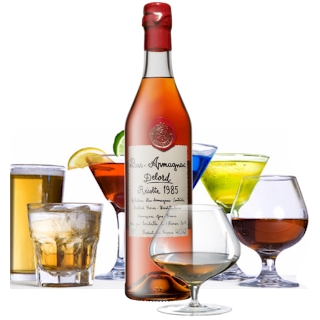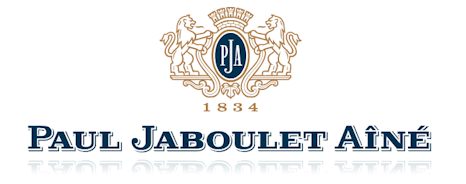The mean gravelly soils and invigorating climes of Mount Barker of the Australian southwest, were identified during the 1960s by the world's leading viticulturalists, as a place uncannily similar to the great terroirs and clime of Bordeaux. The pioneering vines of Forest Hill were the first ever planted here, sired from rootstock of ancient Houghton clones, inaugurally vintaged by the illustrious Jack Mann in 1972. The Cabernet and Riesling of Forest Hill were promptly distinguished by multiple trophy victories and praised by gentleman James Halliday as the most remarkable wines to come out of the Australian west. Forest Hill have remained a source of the most profoundly structured, intensely..
Softly spoken wonders from the west»
Tim and Simon and all the Wicks, nurse the rootstock and foster the clones which are in highest demand by the Adelaide Hills most accomplished vignerons. The Wicks are Adelaide Hills born and bred, they called upon an old mate named Tim Knappstein to assist in the establishment of a vineyard and wineworks, set amongst the ancient eucalypts on the scenic slopes of Woodside. Each and every planting was determined according to a viticultural algorithm, based on clonal selections and terroir, aspect, soils and clime. The shrubs reached maturity and the wines that flowed are claiming a conspicuous tally of triumphs at significant national wine shows. Representing salient value for the exquisite..
The wonderful wines of wicks»
Much of the prized harvests from the Hugo family property are destined for Australia's most esteemed brands, the best parcels however, are reserved and released under the Hugo label. Consistency of quality from vintage to vintage is the objective, making wine from the pick of estate grown fruit makes it a reality. A precious component of low cropped, dry grown old vines fruit, greatly enhances the depth of flavour and overall complexity. A Shiraz of opulence and finesse, opaque and textural, in the style of McLaren Vale's most outstanding vintages, Gold Medals Winner Royal Adelaide & Australian Small Winemakers Show, have your Hugo alongside standing rib, at a very value..
Headline harvests of hugo»
William James Maxwell was an architectural sculptor who migrated from Scotland to Australia in 1875. He built a mock castle and established a family vineyard just outside Adelaide, which he named Woodlands Park. His son planted vines in nearby McLaren Vale and his grandson served a term as winemaker for Hardy Wines at the historic Tintara wineworks. William Maxwell's progeny remain in McLaren Vale, producing the southern hemisphere's most successful brands of Honey Mead, as well as vintages of the most extraordinary value in McLaren Vale Shiraz. But what does Maxwell taste like? Gentleman James Halliday describes Maxwell as robust, picking the eyes out of McLaren Vale shiraz; licorice, dark..
Made of mature vine mclaren vale »




























